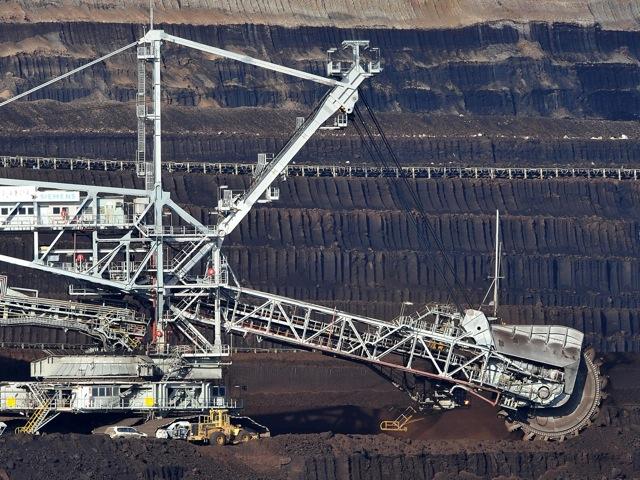The Liberal-National coalition party has promised to generate 450,000 new jobs in regional Australia in the next five years as part of its election campaign.
Prime Minister Scott Morrison, from the centre-right Liberal Party, said on April 27 the additional jobs were part of the total 1.3 million jobs the Coalition already pledged to deliver.





